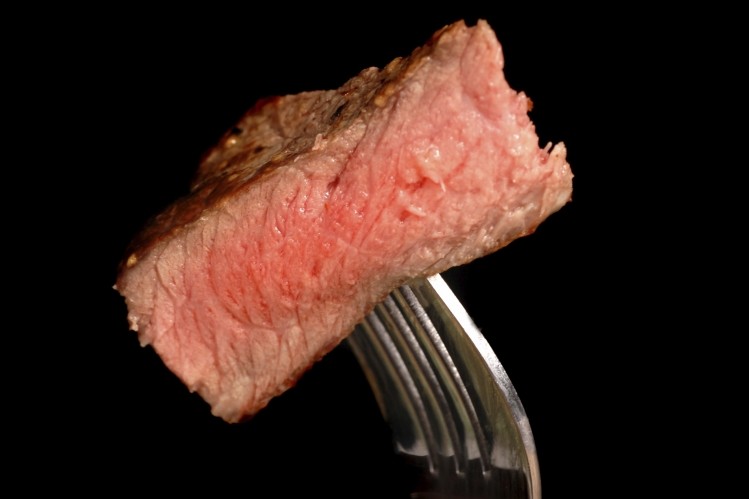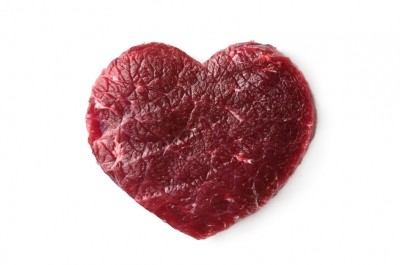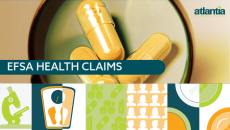Red meat and heart disease: L-carnitine linked to increased risk

In a study published in Nature Medicine, researchers from Cleveland Clinic found specific bacteria in the gut that metabolise l-carnitine into trimethylamine-N-oxide (TMAO), a substance that has been linked to hardening of the arteries. In addition, they found that diets high in carnitine promoted the growth of the bacteria that metabolise it, thereby compounding the effect.
"The bacteria living in our digestive tracts are dictated by our long-term dietary patterns,” said lead researcher Dr Stanley Hazen. “A diet high in carnitine actually shifts our gut microbe composition to those that like carnitine, making meat eaters even more susceptible to forming TMAO and its artery-clogging effects. Meanwhile, vegans and vegetarians have a significantly reduced capacity to synthesize TMAO from carnitine, which may explain the cardiovascular health benefits of these diets."
The association between consumption of red meat and heart disease is well-established, but the researchers said the increased risk could not entirely be accounted for by red meat’s saturated fat and cholesterol content.
They examined carnitine levels in 2,595 heart patients, and found high levels were associated with increased risk of heart disease, heart attack and stroke – but only when TMAO levels were also high. TMAO levels in vegetarian and vegan participants were significantly lower than in omnivores, and they did not produce significant levels of TMAO even after consuming a large amount of carnitine.
In omnivores, however, carnitine consumption promoted TMAO production.
The researchers suggested that better understanding of the role of gut microbiota in heart disease risk could help in the development of new ways to reduce risk.
Carnitine supplement risk?
Carnitine is also taken as a weight loss supplement and is added to some energy drinks. Hazen warned that supplement and energy drink makers may need to exercise caution with the ingredient in light of these findings.
"Carnitine is not an essential nutrient; our body naturally produces all we need," he said. "We need to examine the safety of chronically consuming carnitine supplements as we've shown that, under some conditions, it can foster the growth of bacteria that produce TMAO and potentially clog arteries."
The American Meat Institute (AMI) Foundation's chief scientist Dr Betsy Booren issued a statement in response to the study, in which she said that linking carnitine in red meat to heart disease was an oversimplification of a complex disease.
"It is important to keep in mind that there are many other studies done on L-carnitine that do not show any adverse health effects at a variety of doses," she wrote, adding that the US government's National Institute of Health has a fact sheet on L-carnitine that "shows it is safe and essential."
Source: Nature Medicine
Published online ahead of print doi:10.1038/nm.3145
“Intestinal microbiota metabolism of l-carnitine, a nutrient in red meat, promotes atherosclerosis”
Authors: Robert A Koeth, Zeneng Wang,, Bruce S Levison, Jennifer A Buffa, Elin Org, Brendan T Sheehy, Earl B Britt, Xiaoming Fu, Yuping Wu, Lin Li, Jonathan D Smith, Joseph A DiDonato, Jun Chen, Hongzhe Li, Gary D Wu, James D Lewis, Manya Warrier, J Mark Brown, Ronald M Krauss,W H Wilson Tang, Frederic D Bushman, Aldons J Lusis & Stanley L Hazen












